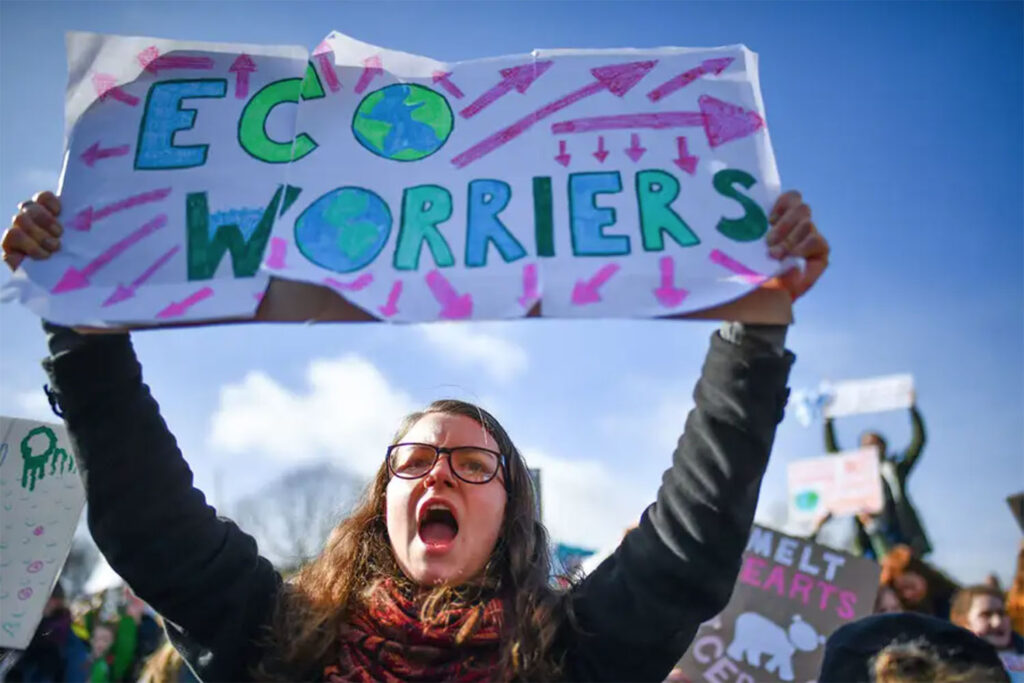By Gillian Ramirez, Alliance Intern from UC San Diego
Many people working on environmental causes have dealt with bouts of eco-anxiety or depression; it is only natural. While we have the science to back our claims and rapidly have the technology to combat climate, the hardest challenge may be emotional. To address this, we need to be introspective and can turn to psychotherapy providing “the emotional and relational maps to take us from catastrophe to transformation,” according to The Conversation.
It’s human and appropriate for us to react to climate catastrophes with “anger, guilt, grief, terror, shame, anxiety, despair and helplessness…but defenses against these feelings — denial and disavowal — mean we have avoided taking the necessary action to address their cause.” Acknowledging and addressing these emotions in a healthy way is important for us to reconnect with ourselves and the Earth, “for if we block out our emotions, then we are unable to connect with the urgency of the crisis,” as The Conversation points out.
We need to affirm the reality of the climate crisis and the negative feelings it brings about so that this “climate change lens” is taken seriously and applied to our lives. For climate change denying parents of eco-anxious children, this disconnect in beliefs can take a detrimental toll on their relationship. Understanding the pervasiveness of climate-related negative feelings and the strain it can have on our lives is necessary.

